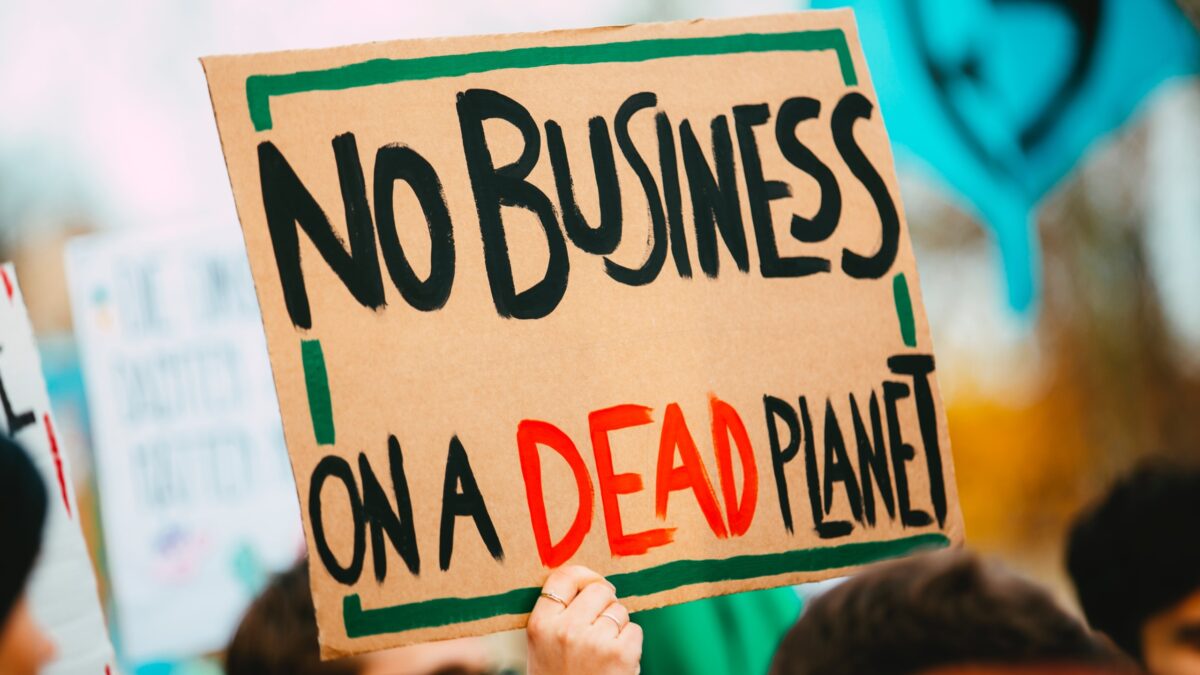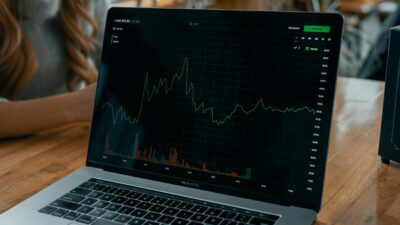
Can marketing be a force for good in the world?
Can the craft of marketing be instrumental in helping to achieve the Sustainable Development Goals – or is it one of the key causes contributing to sustainability problems?
In a debate between Procter & Gamble and the Dole Sunshine Company, global marketing leaders highlighted the differences of opinion on the role of marketing in ‘doing good’.
Persuasively arguing the negative case is Rupen Desai, CMO of the Dole Sunshine Company:
“Maybe 99% of companies focus on profit above all else, using a language of marketing that is based on consumerism and consumption…20th century marketing gives meaning to desire, gives wants, creates needs. That’s why a fizzy drink becomes a symbol of happiness. A pair of jeans becomes a symbol of liberation. It’s almost telling the world that to be happy, you must consume more.”
The counter point is well put by P&G’s Taide Guajardo, European Senior Vice-President of Brand:
“Marketing today is already compatible with a sustainable future. We can definitely do more, but it’s already making things easier for us. We have moved to a place where sustainability is not an afterthought…Marketing is the driver to a more sustainable future. We must turn sustainability from a must-do to an irresistible choice.”
I am a ‘marketing for good’ believer – hear me out.
The SDGs, developed in 2015, provide a roadmap for collective efforts across governments, NGOs, civic society, and businesses to make a significant difference to major global issues including alleviating poverty, climate change, and addressing inequalities. Businesses have embraced the SDGs as a foundation for developing their strategies, including in marketing practice and research.
What is the role of marketing within a business in implementing SDG strategies? Will marketing hinder or facilitate the development of an effective SDG business strategy?
I believe there is a great opportunity for marketers to be leaders in SDG business strategy, if the fundamental assumptions of marketing are questioned, and the central tenets of marketing re-imagined. This is despite the fact that marketing and its concepts have traditionally resulted in increasing inequalities, and in some instances have exacerbated critical human challenges such as climate change and poverty.

What marketing can do for the SDGs
Marketing teams have three key strengths that make them critical partners within business when engaging with the SDGs:
1. Knowing the customer, driving needs and wants
The core of marketing is understanding the customer. In the context of the SDGs, the key questions relate to understanding whether consumers perceive the SDGs to be critical for a firm’s strategy. Is sustainability an important criterion in their purchasing behaviour? Why do consumers (both individuals and firms) resist sustainable products? What do the SDGs mean for them?
Additionally, marketers need to move beyond understanding the ‘expressed’ needs of consumers to understanding the ‘latent’ needs of consumers, specifically in the context of the SDGs. To create an effective SDG strategy, marketers need to ask, can our customers clearly articulate their needs and wants? Or do we need to drive their needs and wants in the context of the SDGs, tapping into their latent needs?
2. Being authentic
‘You can fool some people sometimes, but you can’t fool all the people all the time’ – Bob Marley
Accusations of ‘SDG washing’, ‘green washing’ and ‘woke washing’, mean firms can no longer claim to be ‘addressing climate change’ or ‘engaging in responsible production’ while continuing to do the opposite. They will be punished by consumers and increasingly by the legal system.
Marketing strategies provide pathways for firms to engage in authentic SDG strategies. For example, marketers can encourage consumers to engage in ‘reconsumption’ behaviours and focus their marketing strategies on repackaging, relabelling, and repositioning to facilitate SDG 12, Responsible Consumption and Production. Scholarly research suggests consumer-based authenticity can be measured, and that authenticity is critical for sustainability strategies.
3. Being different, and persuasive communication
‘Saving our planet is now a communications challenge. We know what to do, we just need the will.’ – Sir David Attenborough
Many of the solutions for reaching the SDGs are clear. However, the major issue is communicating and translating that information so that stakeholders, are persuaded. For instance, it is necessary to communicate why consumers should pay more for sustainable products. Firms must explain the importance of broadening their purpose from serving only shareholders to a wider group of stakeholders (employees, customers, governments, and community). Another example is communicating new strategies to change individual and organisational behaviour to alleviate SDG issues (responsible consumption, reducing inequalities). Also crucial is conveying why it is important for the firm’s economic outcomes to engage strategically and proactively with the SDGs, including persuasively expressing why prioritising social issues, and making profits, are not mutually exclusive.
Marketing needs to articulate why one firm is different from another, or what unique value it provides. Why should consumers buy from one firm and not the other? Profits per se are not unethical, yet it is important to genuinely address the challenges highlighted by the SDGs, in order to make those profits ethically. The firm needs to communicate, clearly and authentically, how it provides a unique value to consumers by engaging with the SDGs.
No time to waste
This is an opportune time to re-imagine marketing in the context of the SDGs, and apply its strengths as a force for good. I believe not only that marketing and the SDGs are compatible, but that without marketing, businesses engaging in SDG strategies are unlikely to achieve their strategic goals, both economic and social.
Universities have a big role to play in developing future marketing leaders who can lead SDG implementation, by developing marketing curriculum that engages students in questioning traditional assumptions about its social purpose. Additionally, focusing the teaching and research efforts of marketing academics on the intersection of marketing and the SDGs will be critical.
Image: Tânia Mousinho
Ranjit is an Associate Professor of Marketing at The University of Sydney Business School. His research is focussed on the Sustainable Development Goals and reimagining the purpose of for-profit firms.
Share
We believe in open and honest access to knowledge. We use a Creative Commons Attribution NoDerivatives licence for our articles and podcasts, so you can republish them for free, online or in print.







